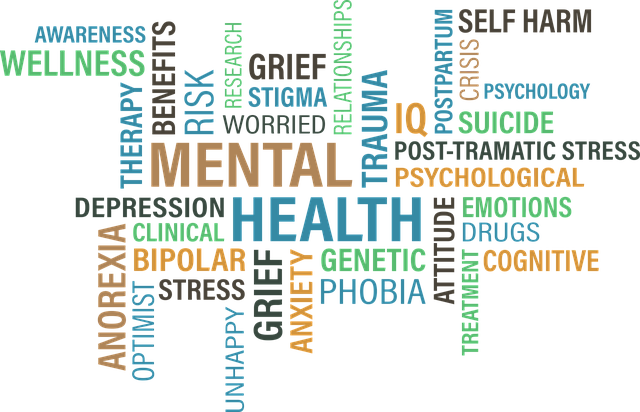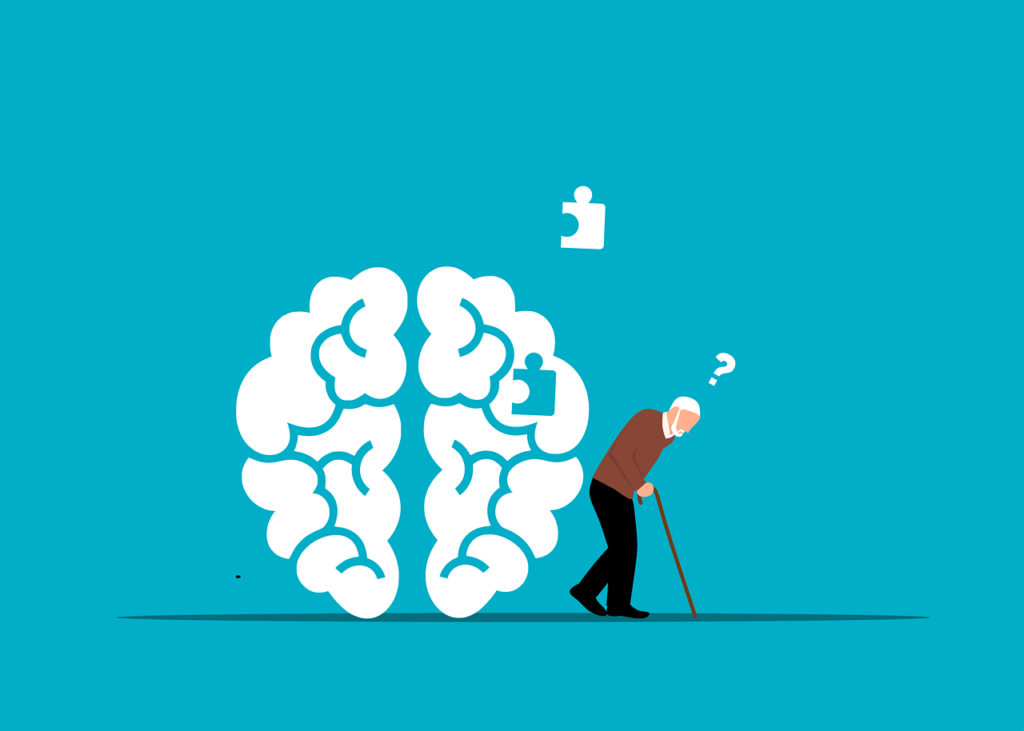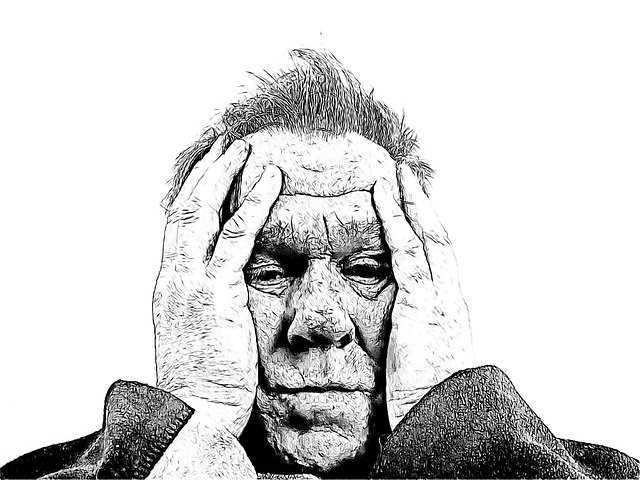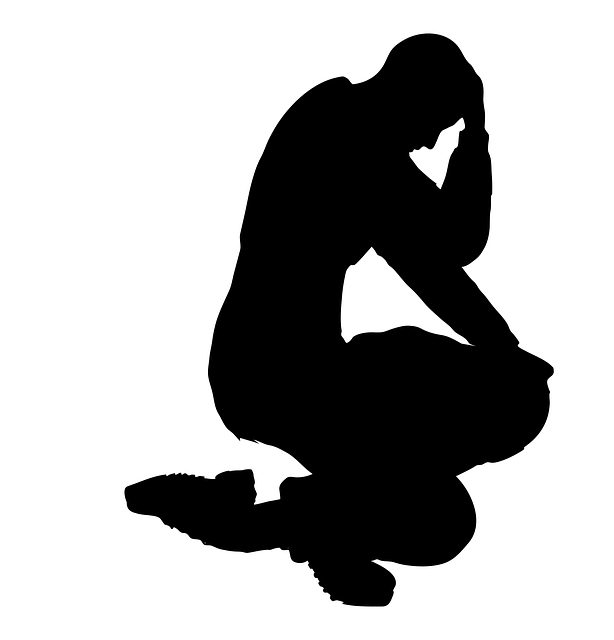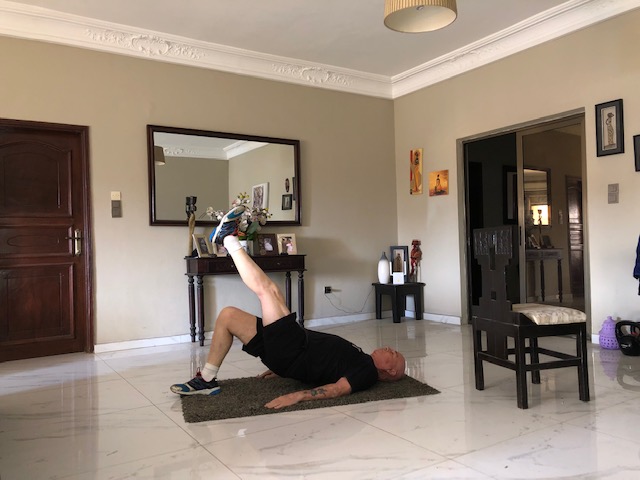
Introduction
Mental health benefits of exercise. People who exercise regularly tend to do so because it gives them an enormous sense of well-being. They feel more energetic throughout the day, sleep better at night, have sharper memories, and feel more relaxed and positive about themselves and their lives. And it’s also a powerful medicine for many common mental health challenges.
Regular exercise can have a profoundly positive impact on depression, anxiety, and ADHD. It also relieves stress, improves memory, helps you sleep better, and boosts your overall mood. And you don’t have to be a fitness fanatic to reap the benefits. Research indicates that modest amounts of exercise can make a real difference. No matter your age or fitness level, you can learn to use exercise as a powerful tool to deal with mental health problems, improve your energy and outlook, and get more out of life.
Assessing mental health in older adults
The most common psychiatric disorder among the elderly is severe cognitive impairment or dementia. About five million adults age 65 and older — approximately 10% of seniors — have Alzheimer’s disease, according to the Alzheimer’s Association. One of the ongoing problems with diagnosing and treating mental illness in seniors is the fact that older adults are more likely to report physical symptoms than psychiatric complaints. In fact, many seniors may not even recognize their own mental health issues.
10 symptoms of mental illness in seniors
- Changes in appearance or dress or problems maintaining the home or yard
- Confusion, disorientation, or other problems with concentration or decision-making
- Decrease or increase in appetite; changes in weight
- Depressed mood lasting longer than two weeks
- Feelings of worthlessness, inappropriate guilt, helplessness, thoughts of suicide
- Memory loss, especially recent or short-term memory problems
- Physical problems that can’t otherwise be explained: aches, constipation, etc.
- Social withdrawal, or loss of interest in things that used to be enjoyable
- Trouble handling finances or working with numbers
- Unexplained fatigue, energy loss, or sleep changes
Exercise Helps Fight Depression
Mental Health Benefits of Exercise. Studies show that exercise can treat mild to moderate depression as effectively as antidepressant medication. But without the side effects. So then, exercise is a powerful depression fighter for several reasons. Most importantly, it promotes all kinds of changes in the brain, including neural growth and reduced inflammation. And new activity patterns that promote feelings of calm and well-being. Also, it releases endorphins, powerful chemicals in your brain. These energize your spirits and make you feel good. Finally, exercise can also serve as a distraction. So then, allowing you to find some quiet time to break out of negative thoughts that feed depression.
Exercise is an Anti Anxiety Treatment
Some exercise is a natural and effective anti-anxiety treatment. Because it relieves tension and stress and boosts physical and mental energy. And enhances well-being through the release of endorphins. So then, anything that gets you moving can help. However, you will get a bigger benefit if you pay attention to your body instead of zoning out. Furthermore, try to notice the rhythm of your breathing or the feeling of the wind in your face. Besides, by really focusing on your body and how it feels as you exercise, you will not only improve your physical condition faster. But you may also be able to interrupt the flow of constant worries running through your head.
Exercise Helps to Relieve Stress
You may have noticed how your body feels when you’re under stress. So, your muscles may be tense in your face, neck, and shoulders. And leaving you with back or neck pain or painful headaches. Also, you may feel a tightness in your chest, a pounding pulse, or muscle cramps. Consequently, you may also experience problems. And insomnia, heartburn, stomachache, diarrhoea, or frequent urination.
As a result, the worry and all these physical symptoms can, in turn, lead to even more stress. Besides, creating a vicious cycle between your mind and body. So then, exercising is an effective way to break this cycle. As well as releasing endorphins in the brain. So then, physical activity helps to relax the muscles and relieve tension in the body. Since the body and mind are so closely linked. And when your body feels better, so will your mind.
Exercise and PTSD or Trauma
Mental Health Benefits of Exercise. Evidence suggests that by really focusing on your body and how it feels as you exercise. So then, you can actually help your nervous system. And begin to move out of the immobilization stress response that characterizes PTSD or trauma. So, instead of allowing your mind to wander. Also, pay close attention to the physical sensations in your joints and muscles. And even your insides as your body moves. Also, exercises that involve cross movement and that engage both arms and legs, such as walking. Coupled with running, swimming, weight training, or dancing are your best choices.
In Conclusion
The best doctor, in many cases, is exercise, do not be afraid to try it. Exercise at home may suit you better than going out in public. So then there will be no one watching you as you exercise. Do not be afraid to use exercise for gentle healing. Also, if you know you have a problem, do not be afraid to seek help
Important Note *
Remember that everyone is different, and it is ultimately YOUR RESPONSIBILITY to find what your body responds to… Please do your own due diligence before trying anything new, including getting Medical Advice to ensure your safety and peace of mind.
Connect with me and leave a comment or two on my social media…
